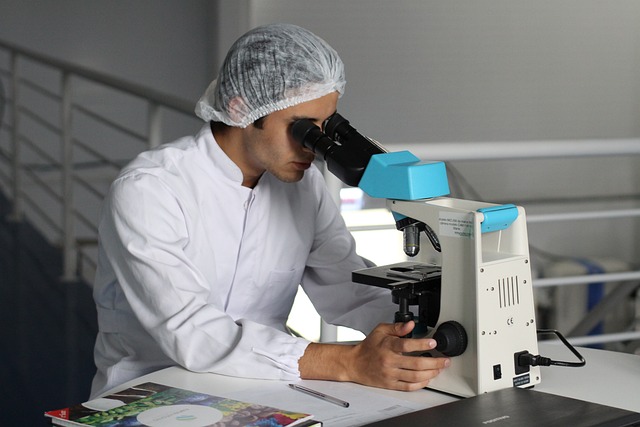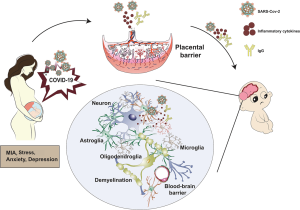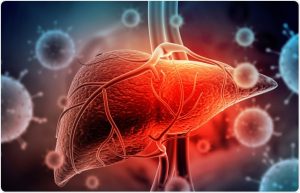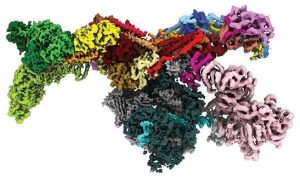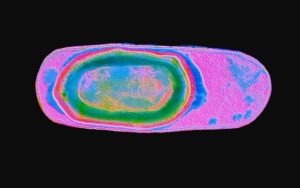Scientists at Scripps Research, with collaborators in Japan, have discovered how a “poisoned” form of a protein could set off a cascade of events that encourage the growth of some cancers. The research, published in Nature Communications on February 4, also triggered development of a drug candidate that can revert the protein to its normal form. In mice with colon cancer, the drug prevented or dramatically slowed formation of tumors.
“This is a potentially very important and druggable link between the environment, genes and cancer,” says senior author Stuart Lipton, MD, PhD, professor and Step Family Foundation Endowed Chair in the Department of Molecular Medicine at Scripps Research and a clinical neurologist in La Jolla, Calif.
The study was a collaboration with a team led by Takashi Uehara at Okayama University in Japan.
Lipton’s research group previously discovered a process called protein S-nitrosylation, in which a molecule related to nitric oxide (NO) binds to sulfur atoms within proteins to change those proteins’ functions. NO is found naturally within the body and produced in response to inflammation. But it also can form from nitrates and nitrites that are eaten (in the form of processed meats) or breathed in (through cigarette smoke or air pollution). Recently, the team showed how S-nitrosylation might contribute to Alzheimer’s disease, as well as Parkinson’s disease, Lewy body dementia, Lou Gehrig’s disease (ALS) and some forms of autism.
Separately, scientists know that many genes can be turned on or off by proteins called DNA methyltransferases (a process known as epigenetic control of gene expression). When these proteins add a methyl group-;a kind of chemical marker-;to a strand of DNA, they keep nearby genes from being activated. In some cancers, those methyl “silencers” are removed, and genes involved in tumor growth and spread get abnormally turned on.

